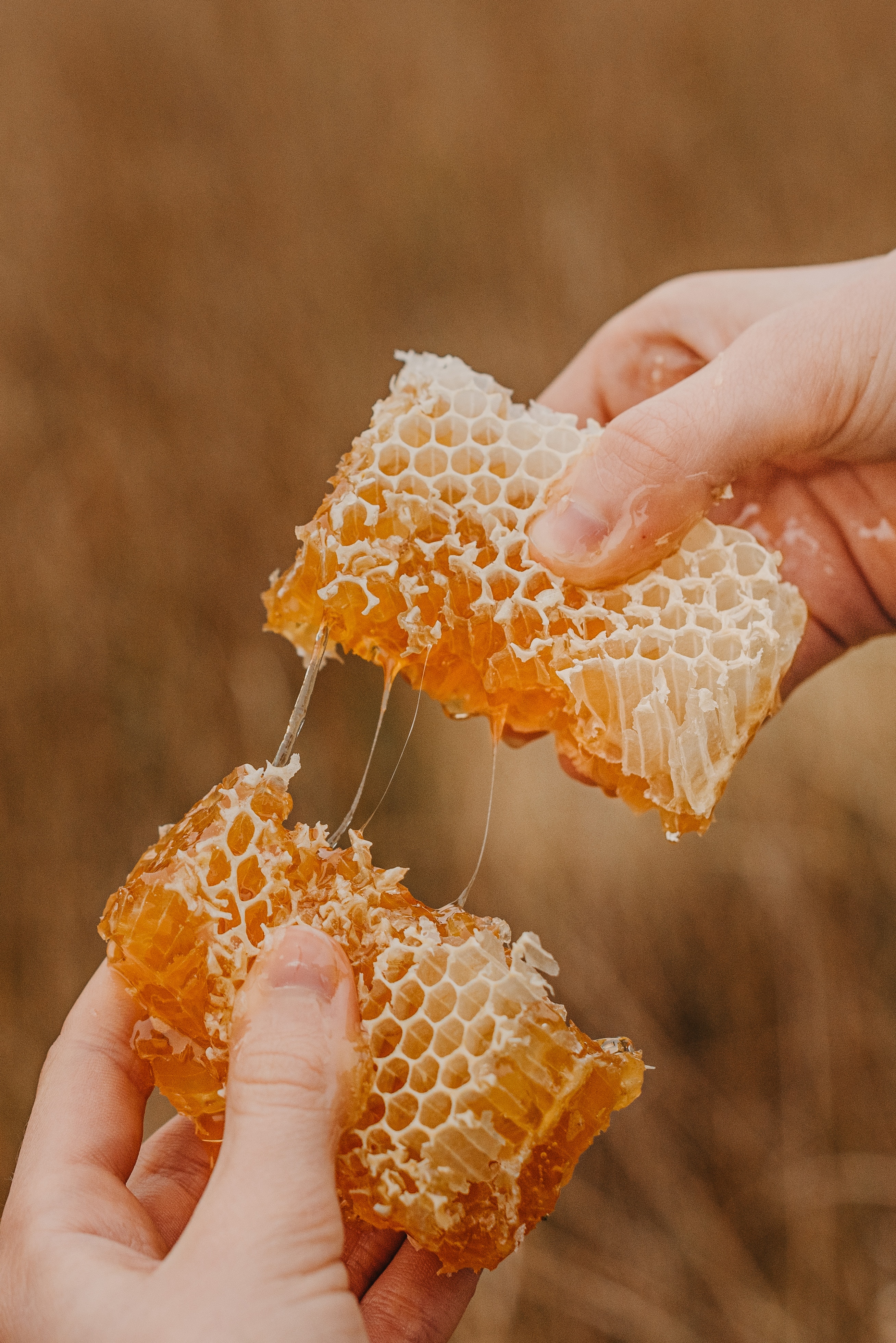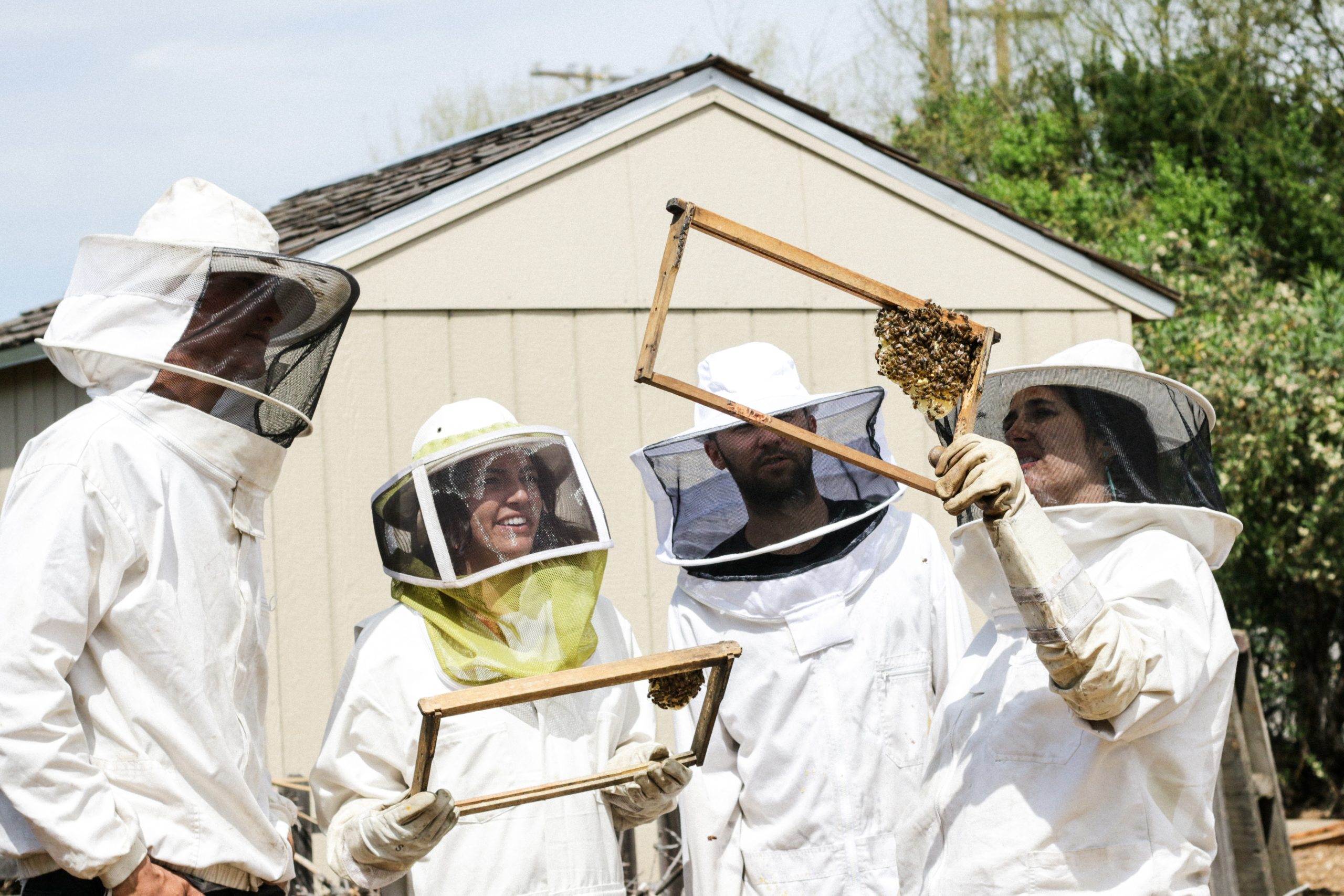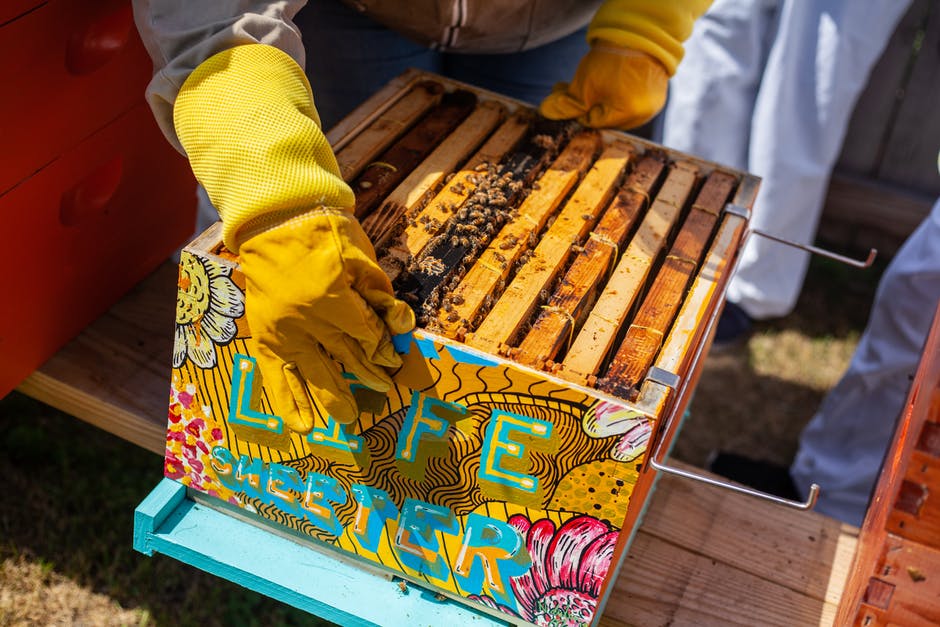Upcoming Events
Sunday, March 15th – CSI: Deadout Workshop– It’s always unfortunate when a colony doesn’t make it through the winter. In this workshop, we will go through a dead colony and look for clues to investigate what may have gone wrong to cause its demise.
Tuesday, March 17th – New Bee Fundamentals/Special Topics –
Please join us on the third Tuesday for a timely discussion and answers to your questions! Beginning and veteran beekeepers are encouraged to attend, learn, and share your wisdom.
This is a monthly Q & A session held virtually. Join us to ask your questions or just listen & learn! All experience levels welcome to join us for both sessions.
New Bee Fundamentals – 6:30 – 7:30 PM / Special Topics – 7:30 – 8:30 PM
Saturday, March 21st – Package Installation Workshop
Thursday, March 26th – Bees & Brews
Saturday, March 28th – 1st Hive Inspection
Tuesday, March 31st – General Meeting – David Wade – Join us to learn how to extend the comb building season or get a package of bees to build out faster and stronger all by adding rolled wax foundation to frames!
David Wade has been a hobby beekeeper in Sturbridge, MA for 19 years. He is an active member, mentor, and recently elected board member of the Worcester County Beekeepers Association. His wax adding method to build comb has been seen in the June 2025 edition of American Bee Journal, along with an upcoming article.
Welcome to the Back Yard Beekeepers Association. With over 400 members, our association has grown to become one of the Nation’s largest regional clubs for beekeeping hobbyists. Some of our members are just getting started as beekeepers, and some have enjoyed this hobby for years. All share an interest in the wonderful and remarkable world of the honey bee.
The BYBA is a 501(c)3 non-profit, charitable organization.
Our general membership meetings are held on the last Tuesday of most months at 7:30 PM at the Norfield Church in Weston, CT.
Please see our Calendar of Events for details.
64 Norfield Rd
Weston, CT 06883
Get In Touch



